The Taranto steel mill is strategically placed as the key of the production cycle of Acciaierie d'Italia and constitutes the core of its activity. It is the sole Italian integral cycle plant, with the capacity of creating new steel straight from raw materials: iron ore and coal. From Taranto are shipped not only the steel products directed to national and international clients, but also coils and other intermediate products dispatched to main parts of works of other units of Acciaierie d'Italia, namely Genoa and Novi Ligure.

Ships dock to the berths managed by Acciaierie d’Italia to load down the raw materials: iron ore and coal that are then sent to storage parks trough a system of transport conveyors, almost entirely covered on all four sides.

Before being utilized in blast furnaces, coal picked up from parks and properly mixed go through a distillation process that transform them into carbon coke, that are then used in blast furnace for the creation of cast iron from the iron mineral.

The iron ore, along with other materials is treated in the sintering plant and transformed into sinter to feed the blast furnace, the very nerve center of the steel cycle.

Blast furnaces produce cast iron, the metal alloy of iron and carbon coke, that in the same plant are made subservient to process and automation control systems, which allow supervision and direction in automatic mode.

Cast iron is a metal alloy mainly composed of iron and a small percentage of carbon. The liquid cast iron is transferred into the steel mill with special rail cars, called torpedo cars. In order to be turned into steel, cast iron has to be depleted of carbon, through a process that uses huge converters into which the liquid cast iron is poured. Oxygen insufflation allows then the reduction of the carbon content.

The liquid steel is transferred to the continuous casting plants where it is poured into ingot molds, inside which the solidification process gests started. The obtained semi-finished product is called slab. Slabs are due to be transformed into hot rolling of different shape and dimension, products similar to reels called coil and in tick sheets called plates.

In Taranto there are three hot rolling plants, two of which produce coil and are called hot strip mills, while the third one produces plates and is called plate mill. The strip train 2 is among the Europe’s biggest.

The thickness of hot rolling products can be further diminished through the cold rolling mill. Hot and cold rolling products can be covered by zinc in the ad hoc plans, to the purpose of providing the final product with adequate resistance to oxidation and corrosion. Those works are executed in Taranto, Genoa and Novi Ligure.

Roils are also devoted to the production of pipes for oil, gas and water. Parte of the hot rolling products of the three tube mills of the Taranto plant is transformed into tubes.
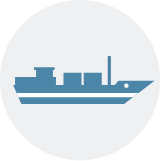
Finished and semi-finished products are shipped to the final clients from the Taranto site through the Tyrrhenian Sea with destination Genoa Cornigliano, or through the Adriatic with destination the Marghera and Ravenna ports.
The full product documentation is available here
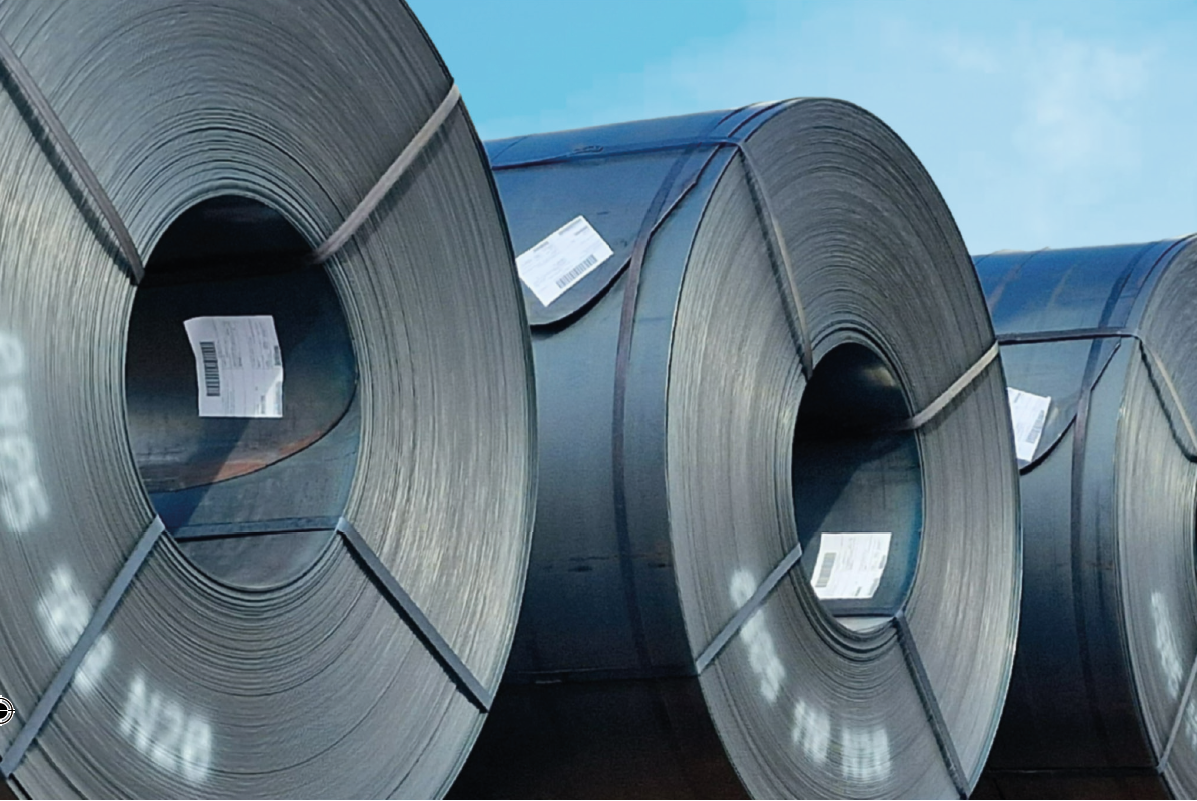
In order to satisfy typical needs of the applications to which they are devoted, black coils are made with Carbon-Manganese steel (alloy or not) while for more critical usages are employed high-strength low-alloy steels (HSLA).
Black coils can be treated with a process of chemical removing of the surface iron oxide by using hydrochloric acid (pickling) and be traded as “pickled” with a level of resistance equal to that of black coils.
Acciaierie d’Italia produces black coil coils and hot rolling in two lines of production in the Taranto plant.
Download product sheet
Main sectors supplied: Constructions - Energy – Transport
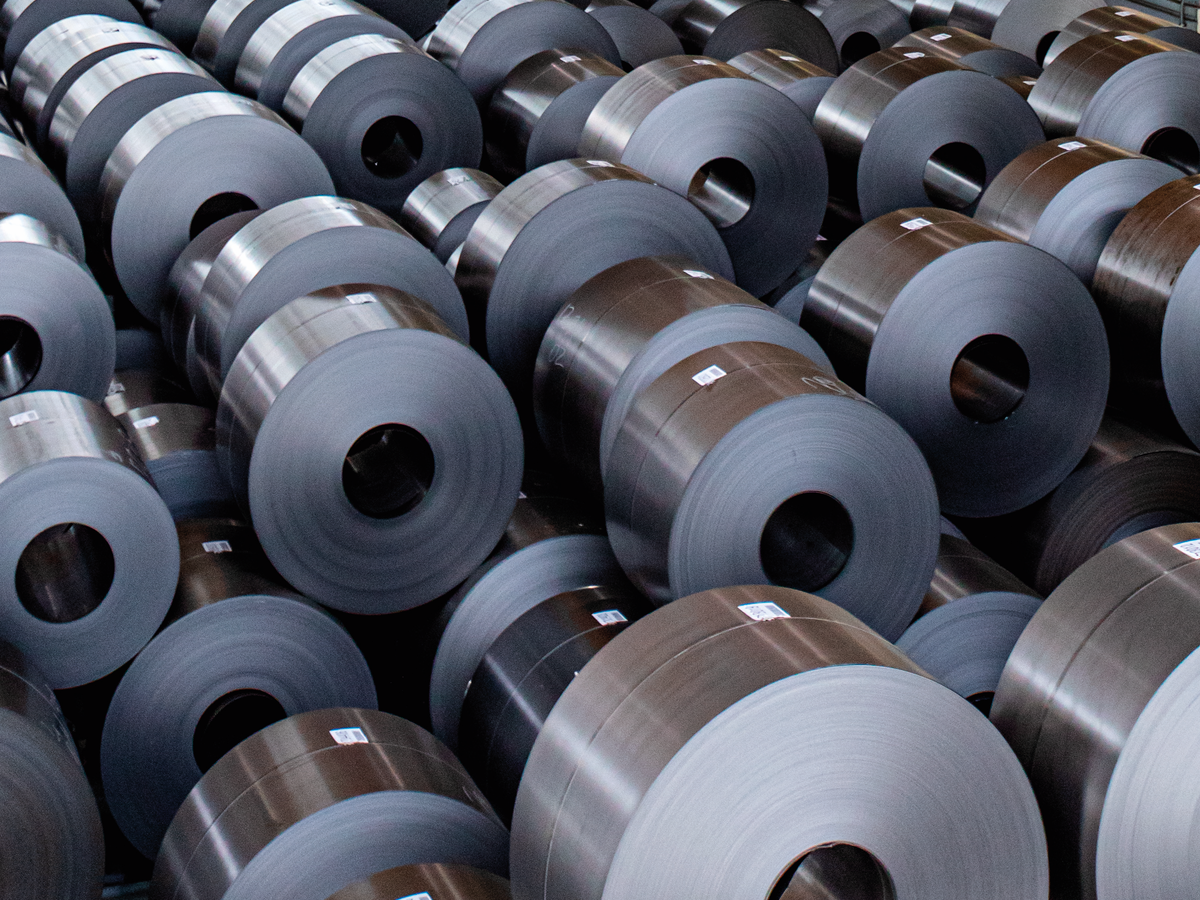
Hot rolling coils not directly to the final user are sent to the cold plants where they are pickled, tinned through rolling and, subsequently, re-cocked and tempered to give them the appropriate mechanic characteristics.
The re-cocking process can both be continuous and static, depending on the requested quality. Steels constituting cold coils are as well of the type Carbon-Manganese (alloy or not).
Cold coil and rolls are produced both in Novi Ligure and Taranto.
Download product sheet
Main sectors supplied: Automotive – Home appliances
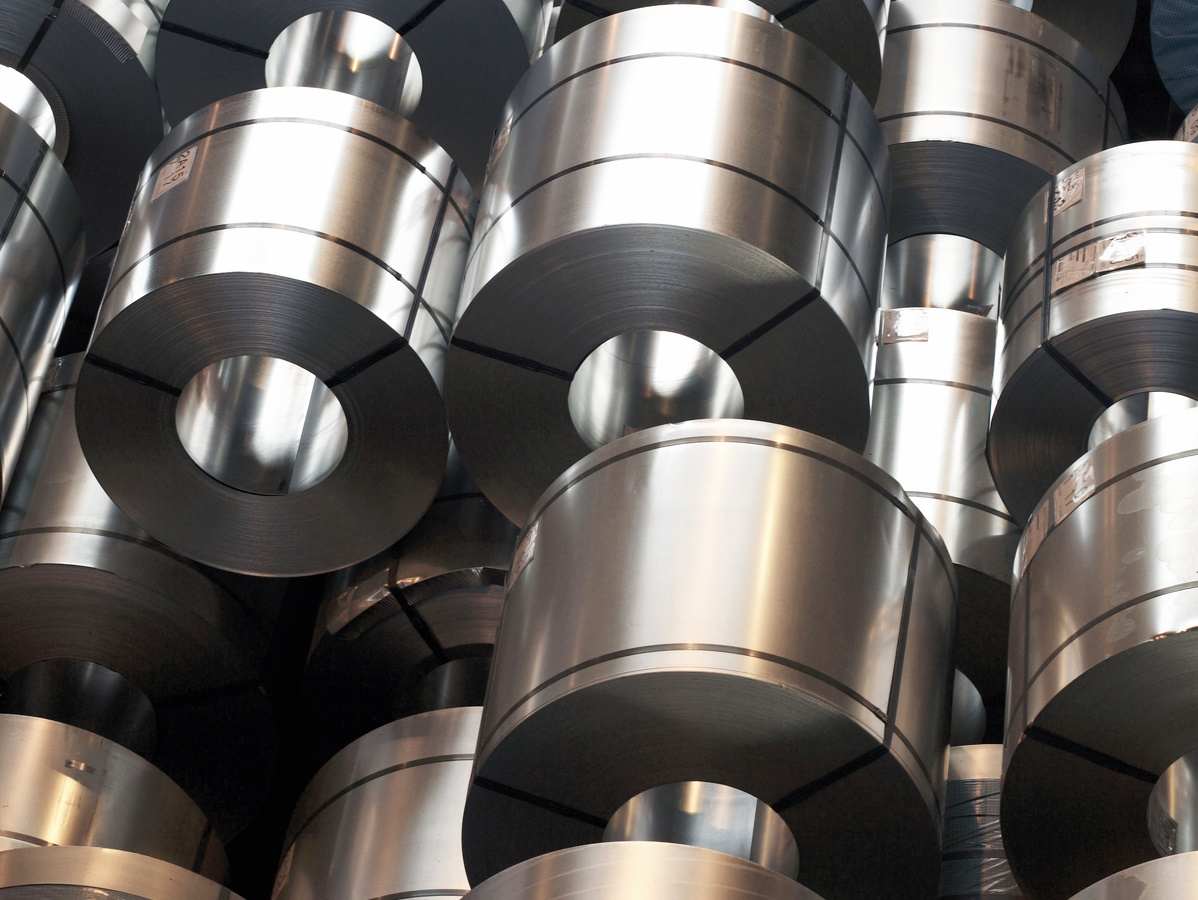
Coils, generally cold rolling, but also pickled, are sent to the hot coating lines to be first re-cocked and then coated, after a careful preparation of the surfaces. The coating, obtained in a continuous process by hot immersion in a bath of molten zinc or aluminum-silicon alloy, warranties a durable protection, making the product usable in a very wide field of applications
Acciaierie d’Italia manages five production lines of coils and hot-dip galvanized strips. The Genoa plant is specializing in the work of low thickness, with Novi Ligure in the automotive.
Download product sheet
Main sectors supplied: Automotive – Home appliances – Buildings
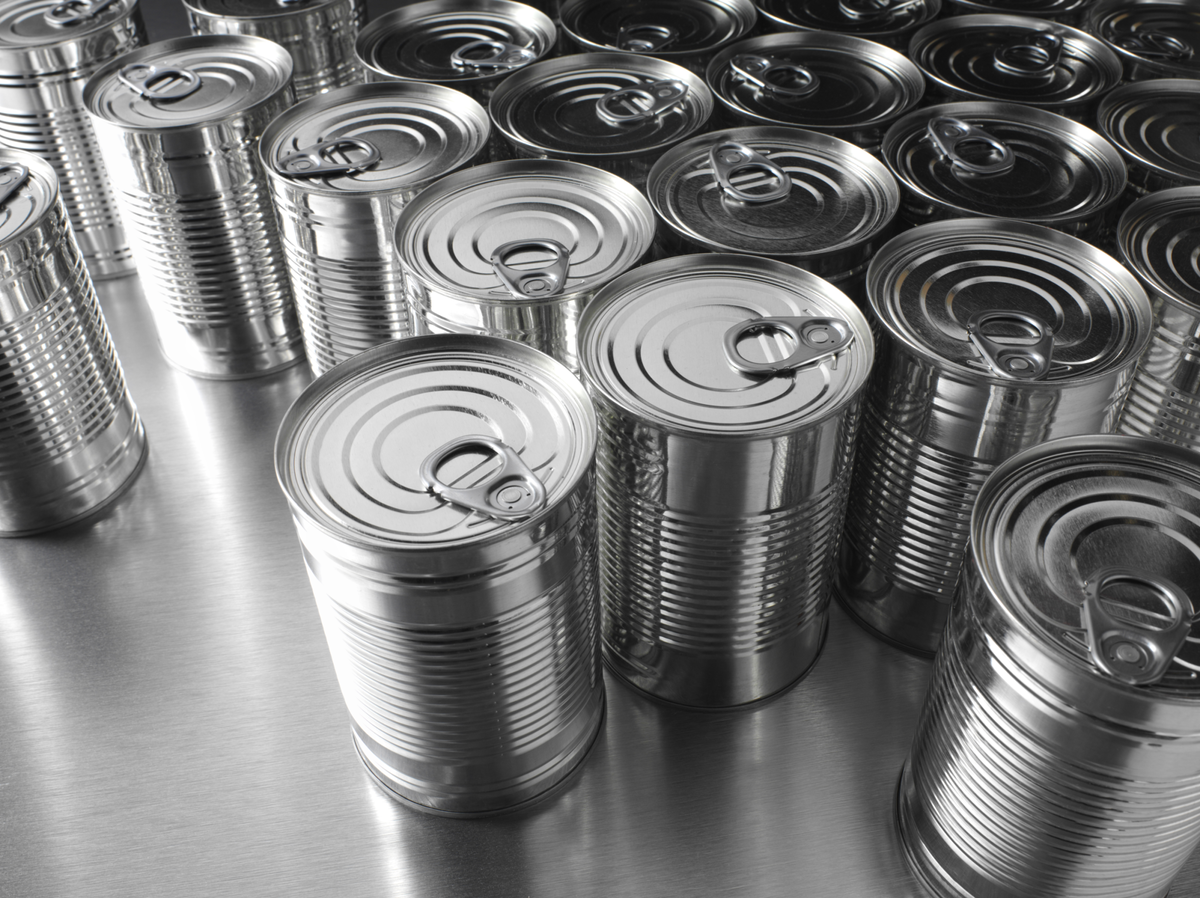
Tinplate is the most common used material for the production of steel-base metal containers for the food processing industry.
It is made by a thin ‘tender’ plate (with low Carbon content < 0.12%), called base steel, electrolytically coated with a subtle sheet of tin and protected against atmospheric oxidation with a passivation treatment and by a film of natural oil.
The chrome plate is indeed made by a thin strip of steel with low carbon content, but electronically coated with chrome and oxide of chrome.
Download product sheet
Main sector supplied: Food – Conservation
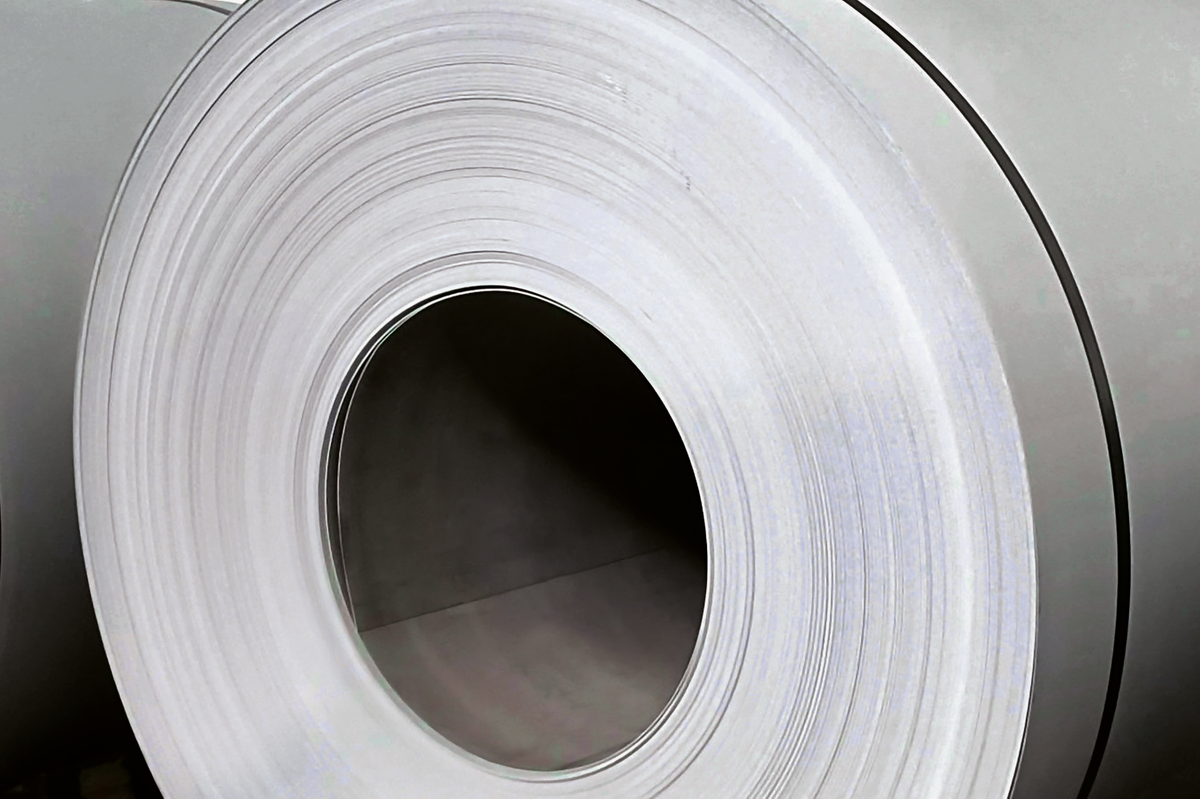
Electrically galvanized coils are coated with zinc trough electrochemical laying on both surfaces of coils, or just one of them, so allowing a thinner coating.
The electro-galvanizing process allows to obtain a coating of great chemical purity along with a perfect control over the zinc thickness.
Download product sheet
Main sectors supplied: Automotive - Home Appliances
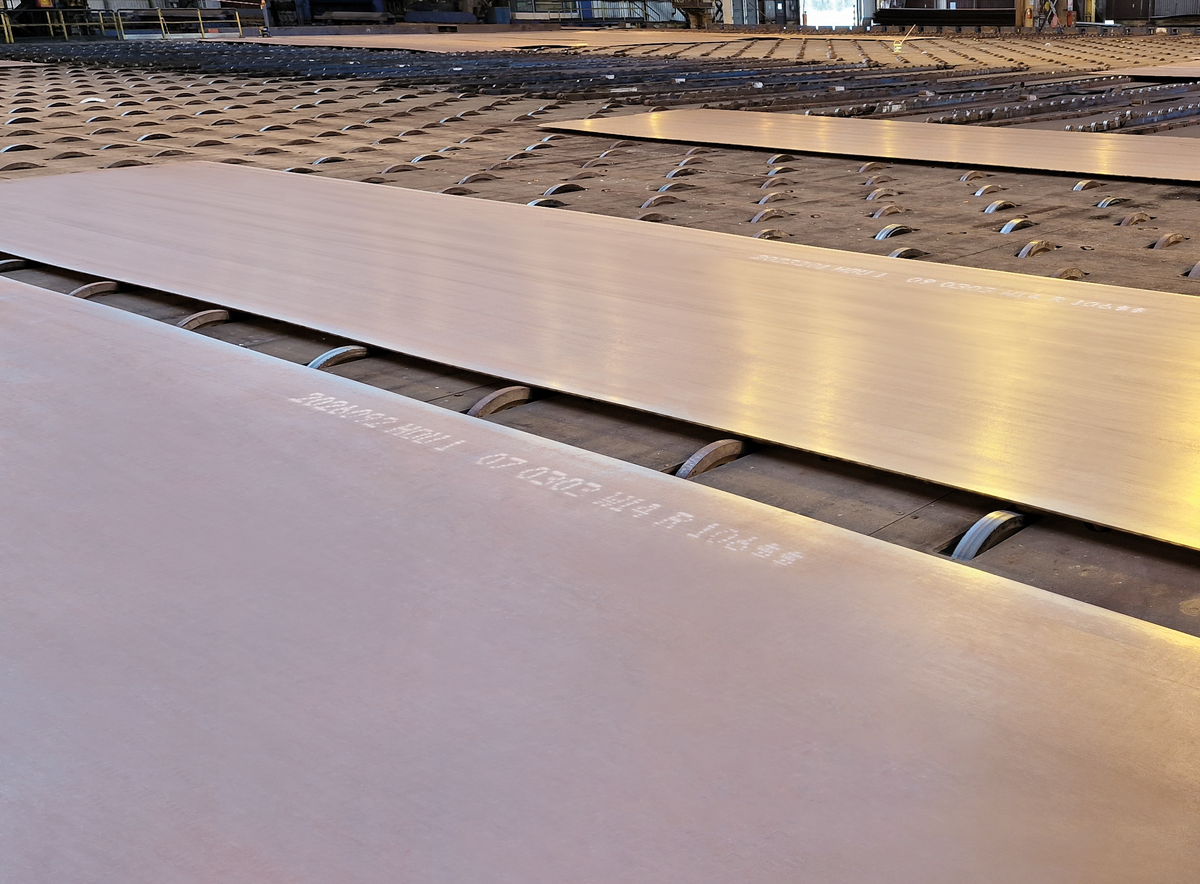
Plates and Profile Slabs from Quarto Plates are manufactured in Carbon-Manganese unalloyed or low alloyed steel, obtained by Thermomechanical Rolling or Normalizing rolling depending on use.
The plates have thickness ranging from 8 to 153 mm, while Profile Slabs have thickness between 154 to 225 mm. Plates can be supplied with widths and lengths ranging from 1.300 to 4.500 mm and from 4.000 mm to 18.000 mm respectively.
Download product sheet
Main sectors supplied: Energy – Buildings– Transport
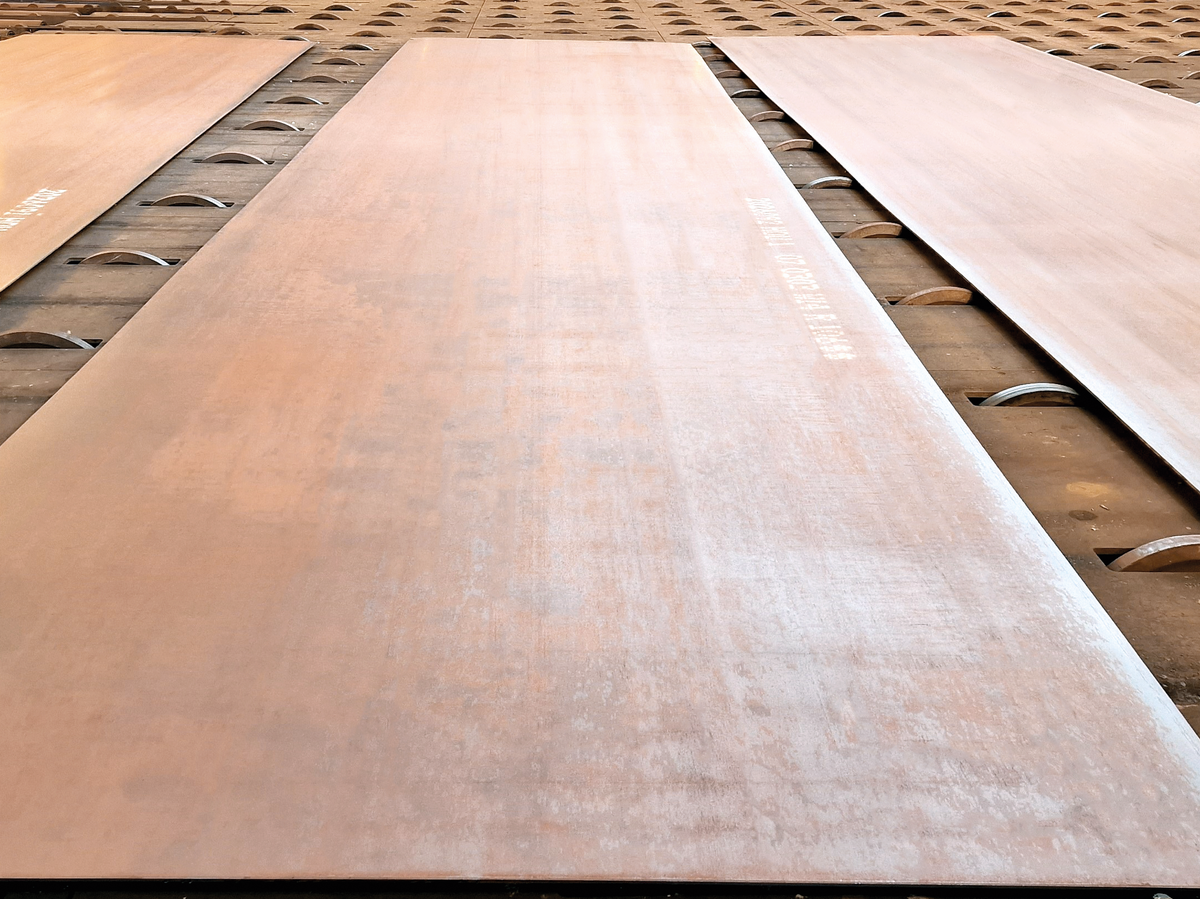
Acciaierie d’Italia manufactures, in Taranto works, heavy plates in Carbon-Manganese unalloyed steel. This product, characterized by having a flat shape, is obtained by Thermomechanical Rolling or Normalizing rolling depending on use.
Stock plates thicknesses vary from 8 to 100 mm and can be supplied with widths and lengths that vary respectively from 2.000 to 2.500 mm and from 6.000 to 12.000 mm. The edges are rough, except plates with thickness 8 and 10 mm.
Download product sheet
Main sectors supplied: Energy – Buildings – Transport
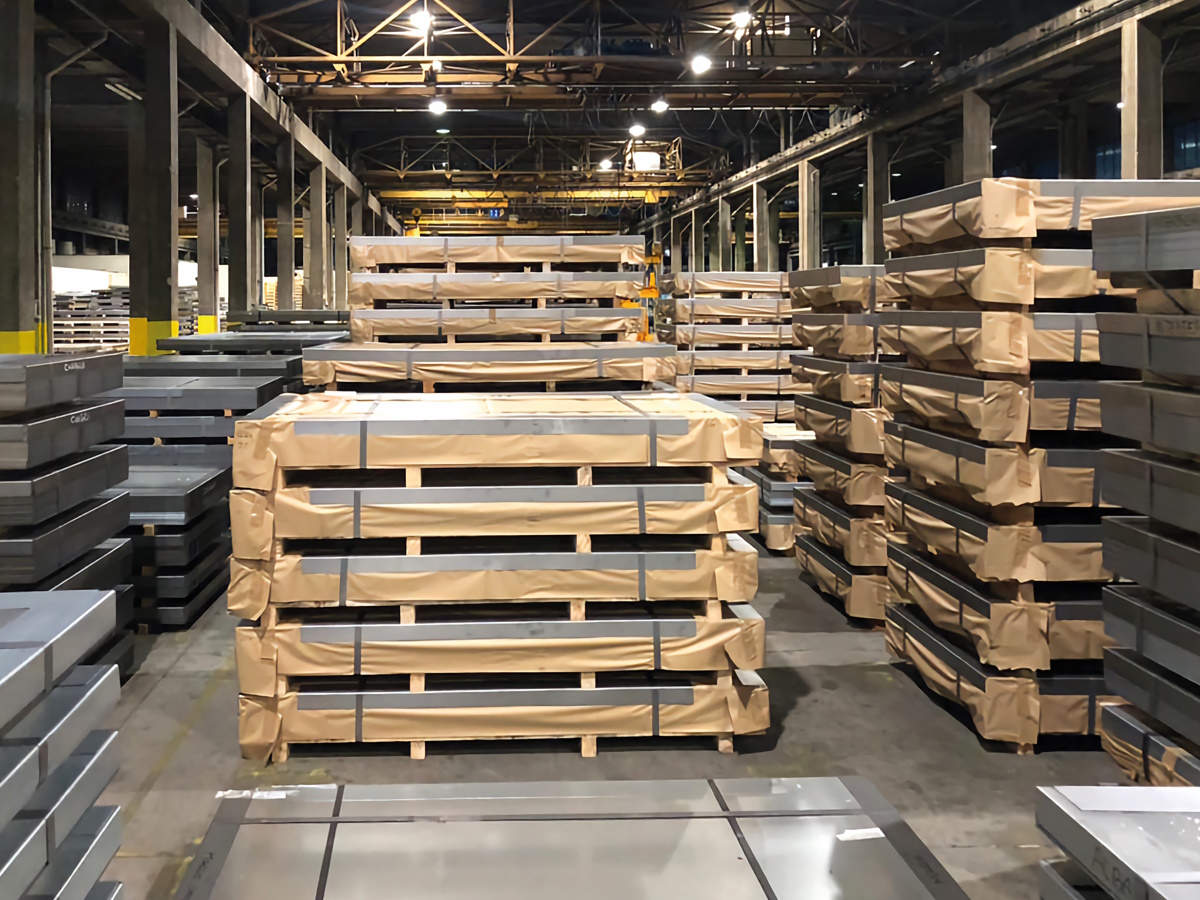
The Steel Service Centers (SSC) of the Acciaierie d’Italia Group, located in Taranto and Genoa plants and in Paderno Dugnano, allocate part of their production to the production of cut to length sheets from coils ready for sale.
This allows the immediate placing of these products derived from black, pickled, cold-rolled and hot dip galvanized coils on the market, without waiting the time of manufacturing.
Download product sheet
Main sectors supplied: Energy – Buildings – Transport
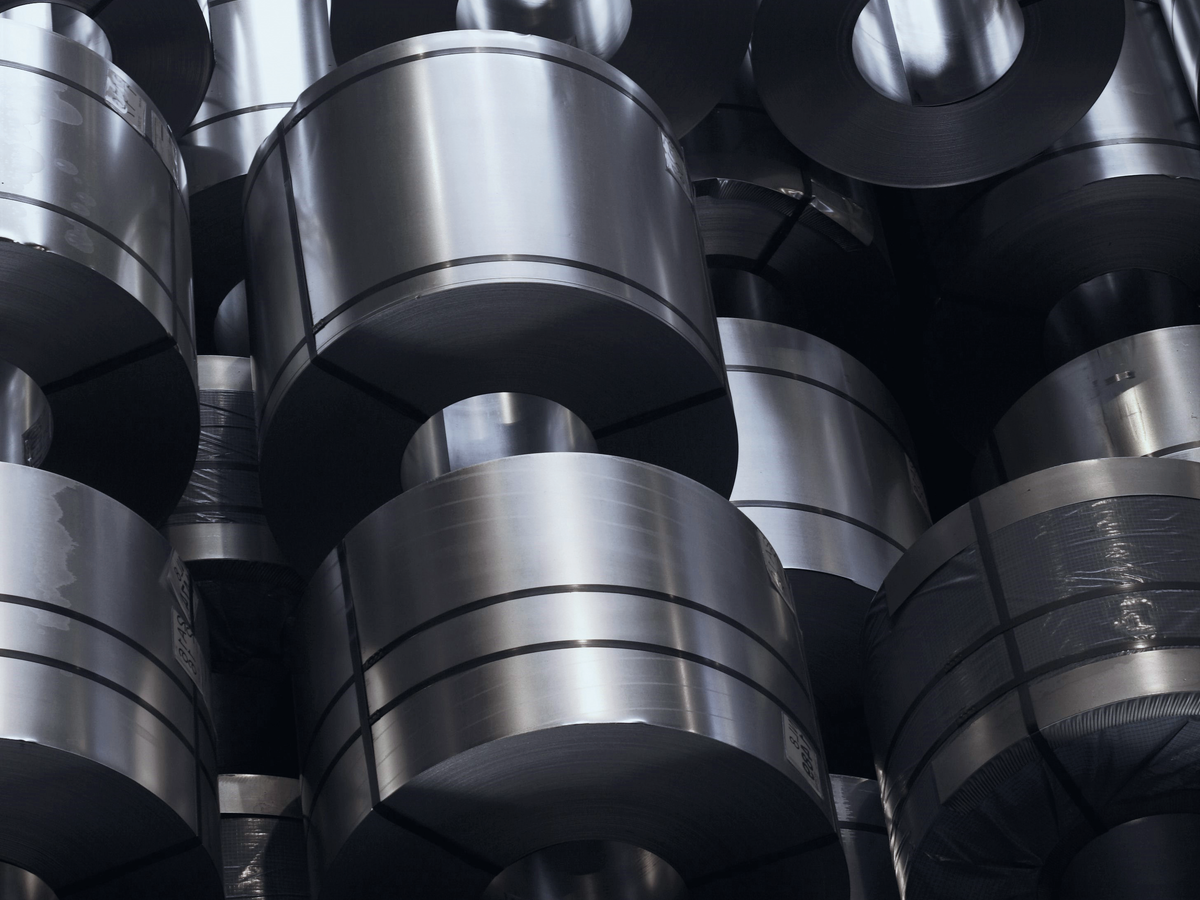
The coil intended for the Zinc-Magnesium product, once cold rolled and annealed, is sent to the hot coating lines to be coated with a metal alloy mainly composed of zinc as well as magnesium and aluminium.
This coating, applied continuously by immersion in a bath of molten metal, gives the product special characteristics of resistance to corrosion, better formability during drawing and greater weldability.
Download product sheet
Main sectors supplied: Energy – Buildings – Transport
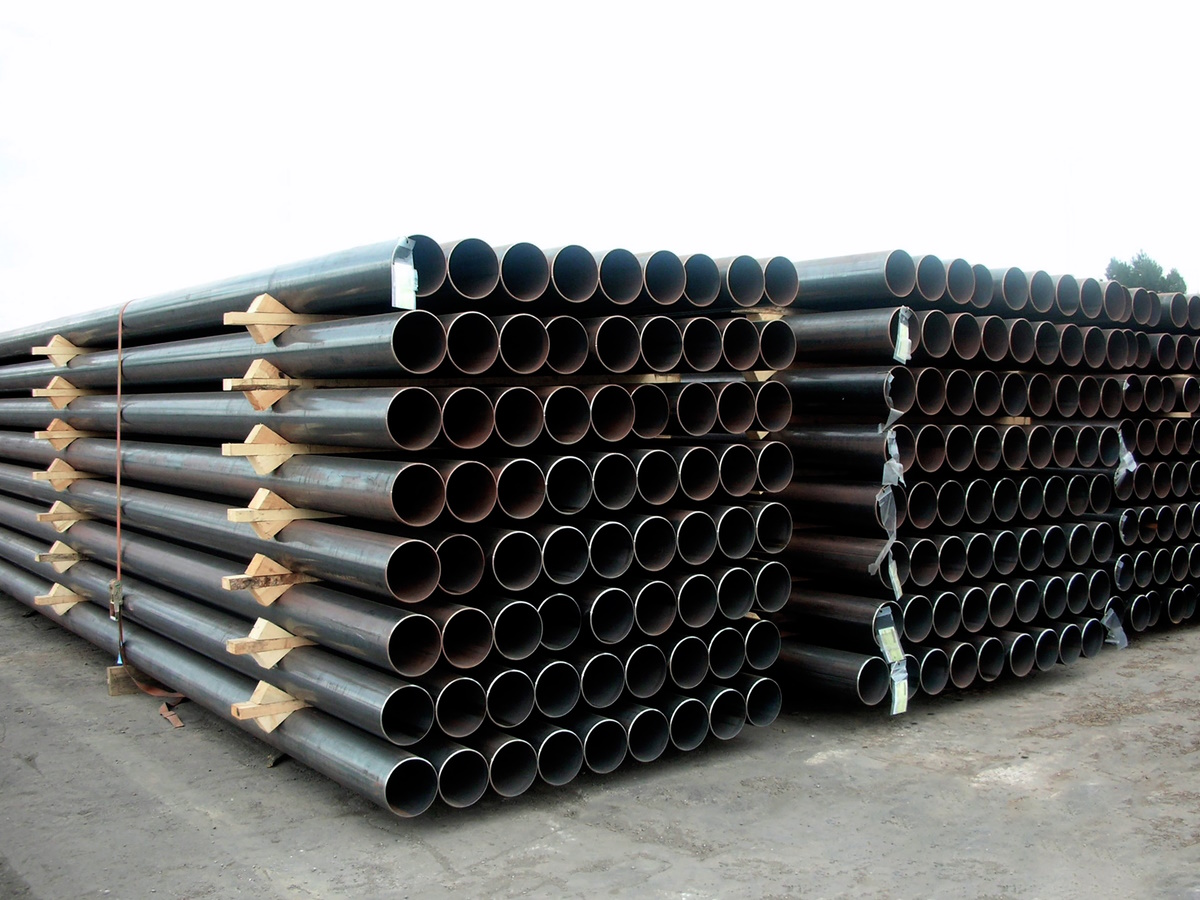
In Acciaierie d’Italia, in Taranto, a longitudinal pipe mill with high frequency electric resistance welding (HFW-ERW) is in operation, to produce structural pipes to complete the “Hollow Sections” product range.
The production unit is specialized in the production of ERW circular hollow sections and is feed by black surface coils produced in the Taranto rolling mill. ERW pipes are characterized by a high uniformity of mechanical properties for their entire length.
Download product sheet
Main sectors supplied: Buildings - Energy – Transport
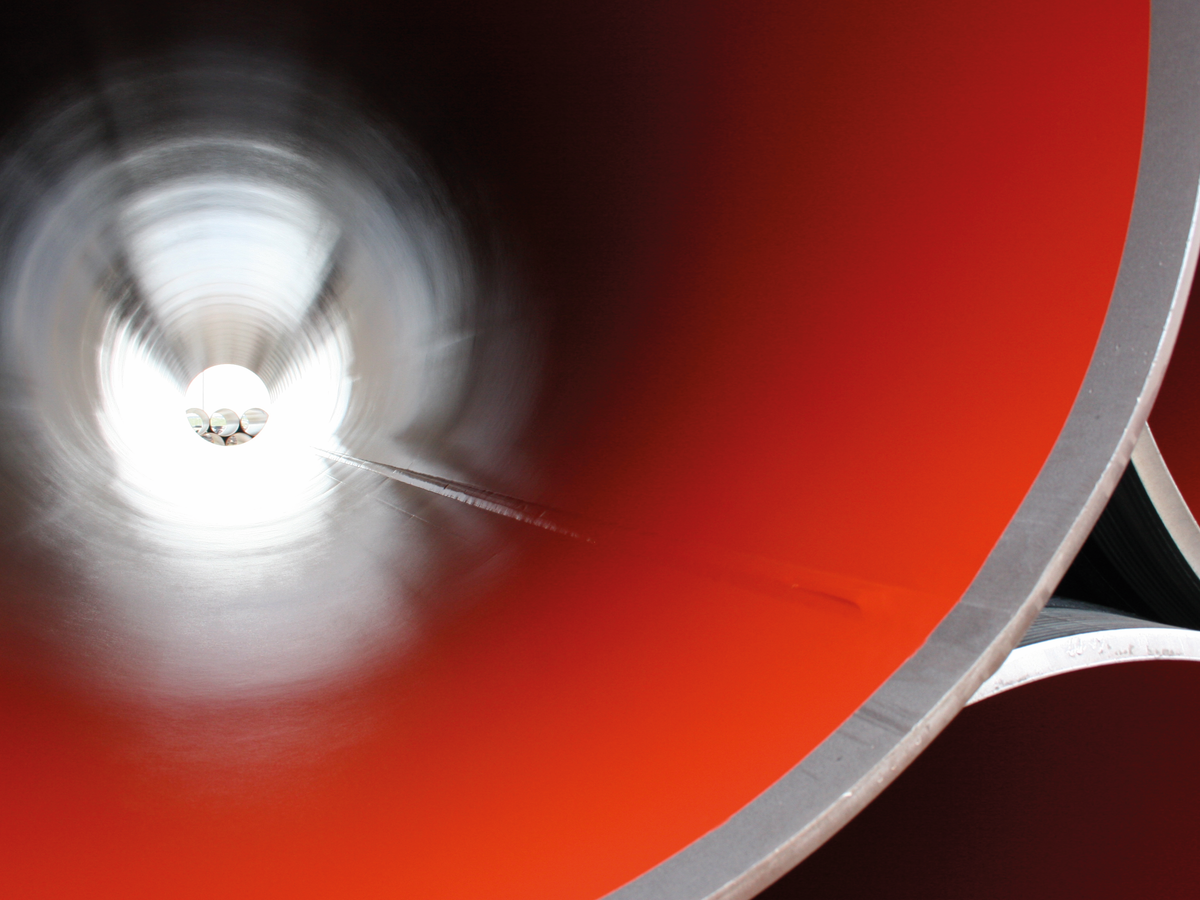
Welded tubes are made with Carbon-Manganese steel (non-alloy or soft alloy) tube shaped, obtained by modeling in the longitudinal way of a plate or strip and the subsequent welding along the same line.
Welding can be performed by submerged arc welding process (SAW), with filler metal, or by high frequency electric resistance welding process (HFW-ERW), without filler metal. The pipes can be supplied both bare and coated. Coating may be internal (using epoxy resins), external (3LPE, 3LPP, FBE) or both.
Download product sheet
Main sectors supplied: Buildings - Energy – Transport
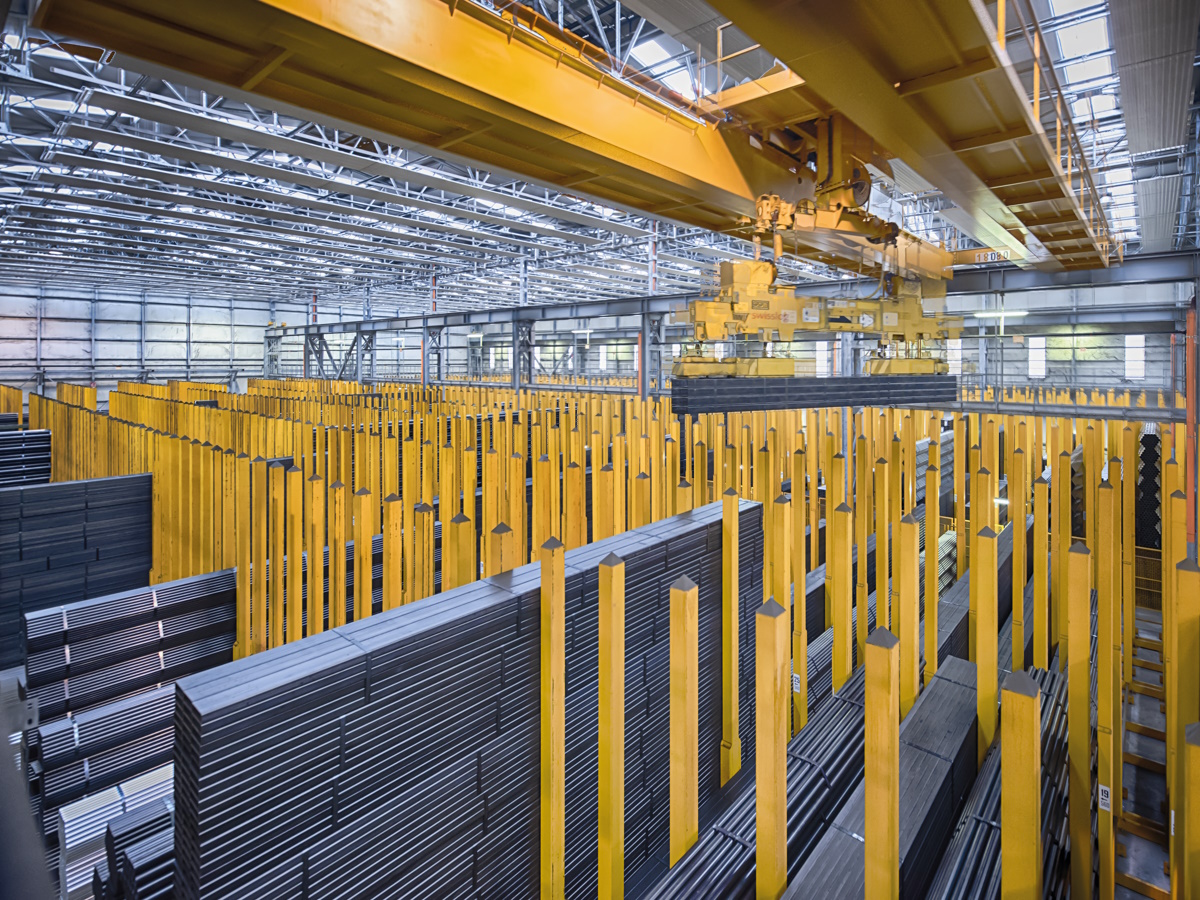
Acciaierie d’Italia owns three production units for hollow sections, strategically located.
The production units are specialized in the production of cold-formed electro-welded hollow sections (circular, square, rectangular, and special profiles) using the coils supplied by the Group’s plants. The hollow sections are in fact produced from black coils, pickled or hot-dip galvanized ones, with remetallization of the weld.
Download product sheet
Main sectors supplied: Buildings - Energy – Transport
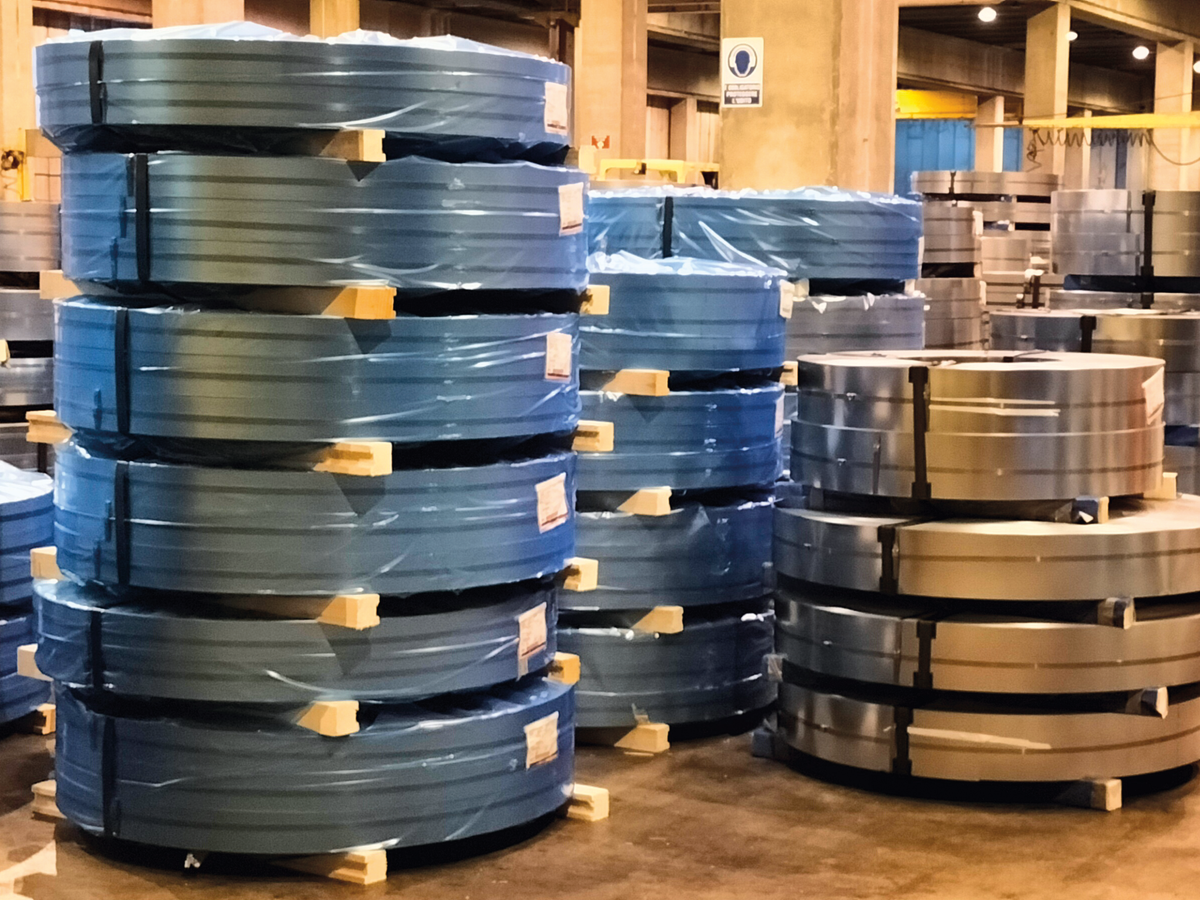
The coils produced in the Taranto, Novi and Genoa plants can be directed to the Steel Service Centers (SSC) of the Acciaierie d’Italia (ADI) Group to be cut lengthwise, using slitters, to produce narrow strips or transversally to produce flattened cut sheets.
The Group’s Service Centers are located both within the production plants and in sites external to them, as in the case of Paderno Dugnano and Legnaro.
Download product sheet
Main sectors supplied: Buildings

All products are branded as Penisola Steel®, the label that certifies the reduced environmental impact and traces the Italian origin of the steel produced by Acciaierie d’Italia.
All Acciaierie d’Italia sites employ a Quality Management System to ensure an efficient allocation of resources and the highest possible attention to clients’ needs.
Ensure products compliance with technical and quality requisites
Warrant the involvement and the commitment of the Company Leadership to the effective implementation of the quality principles
Report the quality goals of the Company and set clear control and evaluation indicators for the results achieved, while identifying the causes of possible failures and intervening with promptness and effectiveness
Identify, evaluate and manage the risks that could affect the conformity of products and the quality of the service
Maintain an effective System for Quality Management over processes, products and services, in full compliance to the applicable legal and regulatory requisites
Ensure the availability of the needed resources, information and knowledge, also with recurring activities of training and education
Identify and give account, through operative procedures and practices, of the operative functioning
Measure the clients’ degree of satisfaction and take action on the basis of results of such measurement
Audit activity to verify the implementation, and evaluate the effectiveness, of the Quality Management System and the compliance with the Company policies and the applicable ruthe les and regulations
Select, qualify and evaluate the procurement of products and services with an impact on the ultimate quality of processes and products by engaging suppliers, for their competencies, in the achievement of the Company goals